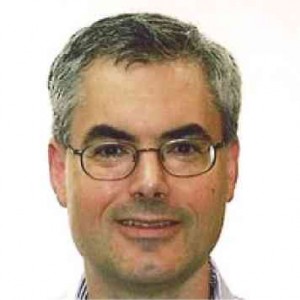(First in a series)
Research-based Swiss healthcare company Novartis considers Asia an important market. Asia is home to 60 percent of the world population.
Almost half of all new cancer cases and slightly more than half of all cancer deaths occur in Asia and one quarter of the global burden occurs in China, according to Cancer Atlas website.
By 2015 new cancer cases are expected to reach 19.3 million and cancer deaths to hit the 11.4-million mark. With the proportion of these occurring in less developed countries to increase to 59 percent and 68 percent, respectively.
Novartis recently acquired 12 established and pipeline cancer treatments from GlaxoSmithKline (GSK). With the acquisition, Novartis now has a portfolio of 22 oncology and hematology medicines that can treat over 25 conditions, making it the world’s second largest oncology portfolio.
John Ketchum, senior vice president of emerging growth markets at Novartis Oncology, said during the Novartis Oncology media briefing held recently in Singapore: “With the acquisition of GSK’s oncology portfolio, Novartis Oncology is uniquely positioned to address significant and evolving needs of cancer patients in Asia. Today, it has more than 1,000 associates operating in Emerging Growth Markets including Asia Pacific, one of the largest portfolios of marketed and mature drugs in oncology, hematology and rare diseases, and a broad pipeline of more than 25 new molecular entities in development, targeting key molecular pathways in cancer biology.”
Ketchum told Asian journalists that while cancer mortality rates are decreasing in western countries, they are increasing in developing parts of the world. In Asia, for instance, cancer cases and mortality rates are expected to increase by 2030 by about 40 percent and about half, respectively. He attributed the increasing burden of cancer in Asia to unhealthy lifestyle habits, including smoking, inactive lifestyle and poor nutrition.
According to him, Novartis is committed to overcoming the challenges to cancer care in Asia through innovative research and development, and patient support, including:
- Research efforts to uncover practice-changing medicines for cancers that are more prevalent in Asia;
- Industry-leading access programs to improve the availability of treatment; and,
- Government and research collaborations.
Ketchum stressed: “After having a presence in Asia for almost 15 years, we have a deep understanding of the regional challenges in cancer care. We believe that Novartis Oncology has an important role to play in helping address the unmet needs for cancer patients in Asia. Our path to overcome the challenges to cancer care in Asia is clear. We are focusing our research efforts for cancers that are more prevalent in Asia such as gastric cancer, hepatocellular carcinoma (the most common type of liver cancer and nonsmall call lung cancer (a common type of lung cancer that can affect nonsmokers and younger patients.”
“Beyond medicine, we seek to understand the needs of patients and improve the availability of treatment through our work with partners to establish unparalleled patient access and support programs,” Ketchum said. “And through these partnerships and efforts, it is our goal to also provide patients, their families and caregivers access to the right information and support tools to help them in their journey of living with cancer,” he added.
Novartis Oncology is indeed turning scientific possibility into reality—a better treatment for cancer.


